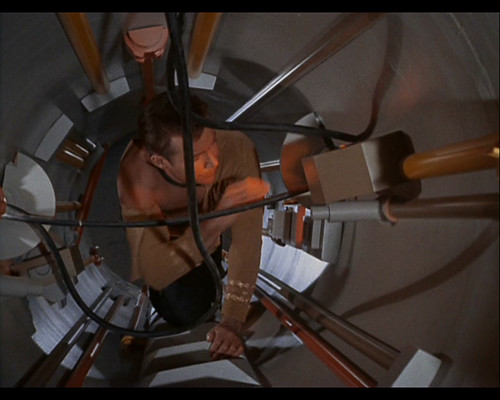I get very tired of the same old "I heard it so it must be true" mantra. If they'd said "I measured it so I'm happy that's the case" I might have more respect for their position.
This hobby isn't subjective to me. I don't give a fig for what something sounds like as long as I know it measures correctly. I don't buy stuff I like the sound of, I buy stuff that works properly as evidenced by the measurements.
Clear?
S.
Edit: And before somebody comes up with the same old....stuff that measures well but sounds bad, I have NEVER, repeat NEVER come across something that measured well but sounded bad. If it measures well in all important parameters, it will sound good.
Serge,
I hope we can agree that we live in a non-linear world. If you don't agree, do a Google search for the evidence. I'm pretty sure that you would know that Vilfredo Pareto is often cited as being one of the first people to observe the skewed nature of many phenomena, and is known for developing the 80:20 principle. I've been interested in hifi for the last 40 years, and seriously interested in "high-end'ish" audio for the last 30 years. During that time, I've developed the belief that
most hifi on the market sounds pretty poor. I've often wondered if Pareto's principle applied to hifi (80% of the best hifi was dominated by 20% of the products available for sale, for example), but felt that the proportion was nearer 90:10. This ties in well with Sturgeon's revelation that "90% of everything is trash/crud/crap". I would agree with this statement, with an emphasis on "
everything".
You've suggested that "if a hifi component measures well in all important parameters, it will sound good". The corollary of this is that if a component doesn't sound good, then it can't measure well. It's been stated numerous times on this forum that electronic circuit design has been fully understood for a long time now, therefore
most hifi should be designed to measure well, and sound "transparent".
We obviously have a dilemma here:
we fully understand the design process, yet in a non-linear world it's impossible for
everything to "measure well ....... and sound good". I can't believe that 90% of electronics are incompetently designed, yet to me they still sound crap. I don't have any data, but would suggest that most people on this forum would agree with this - it just doesn't fit with most peoples experiences.
The only way I can understand this dilemma is to suggest that being "well designed and therefore transparent" doesn't sufficiently describe the criteria needed to evaluate
any hifi component - there
must be other factors to consider. Common sense would suggest that any other factors must be related to the subjective sound quality, whether that be sound stage, fidelity, musicality, foot tapping or whatever allows one to enjoy listening to music. I feel it's important to not loose sight of why we're drawn towards wanting to own a high quality hifi system in our homes - the uncontrollable feel good factor that music can elicit. In this respect, your comment "I don't give a fig for what something sounds like as long as I know it measures correctly" is quite alarming, and seriously undermines your credibility amongst a group of hifi enthusiasts.


